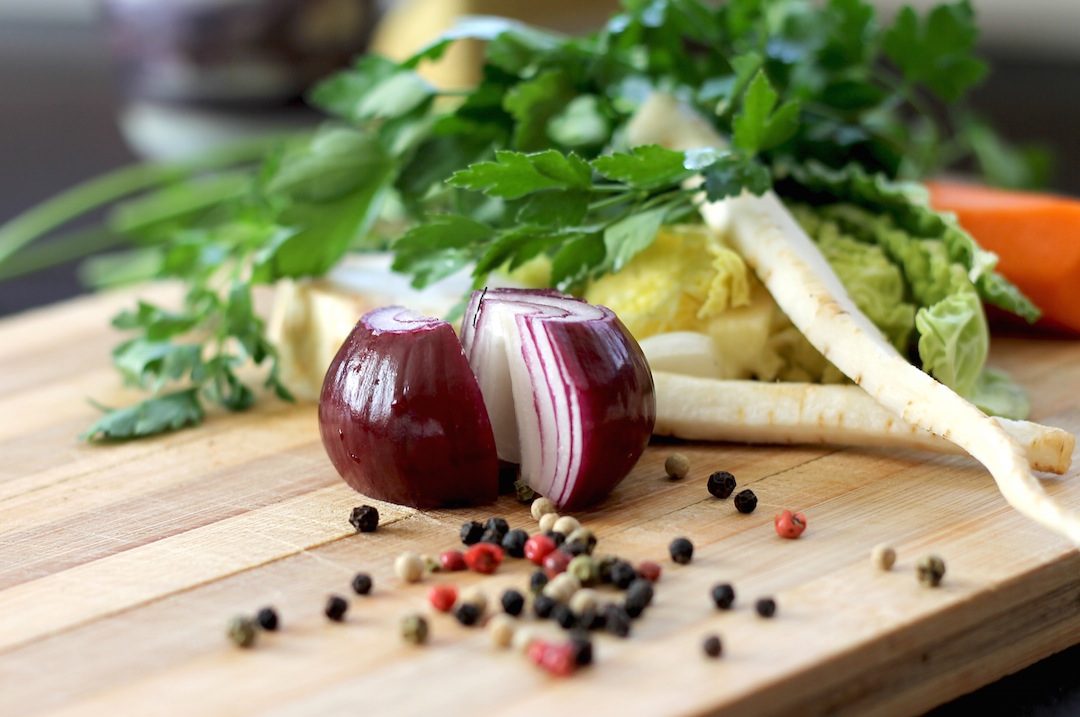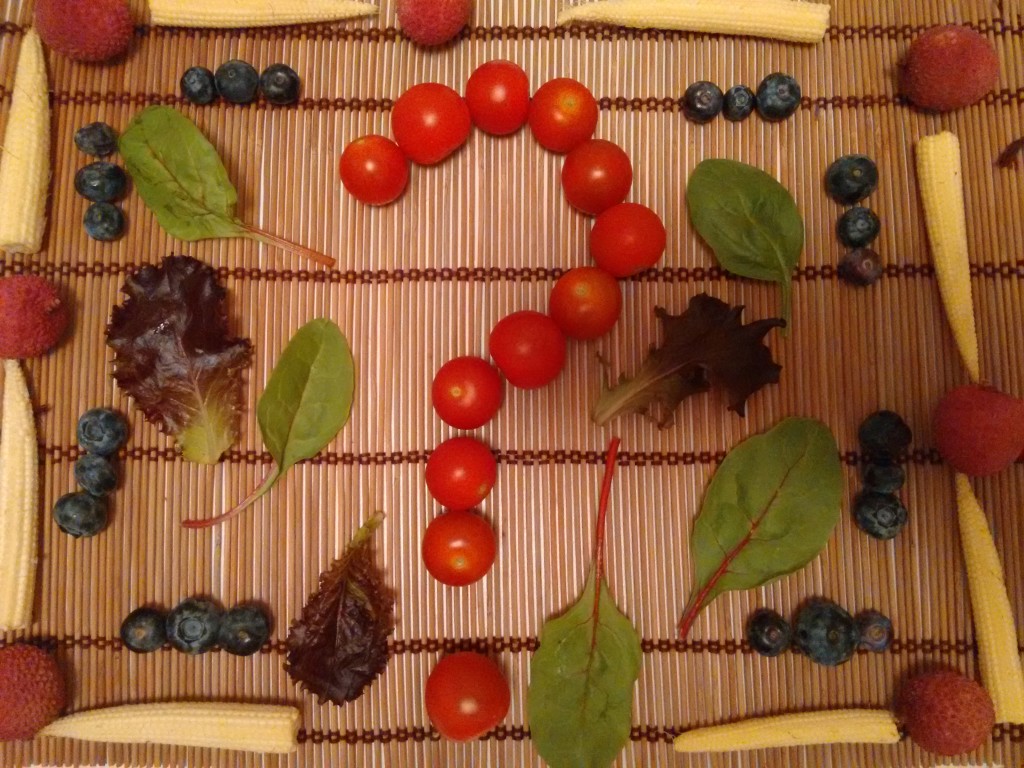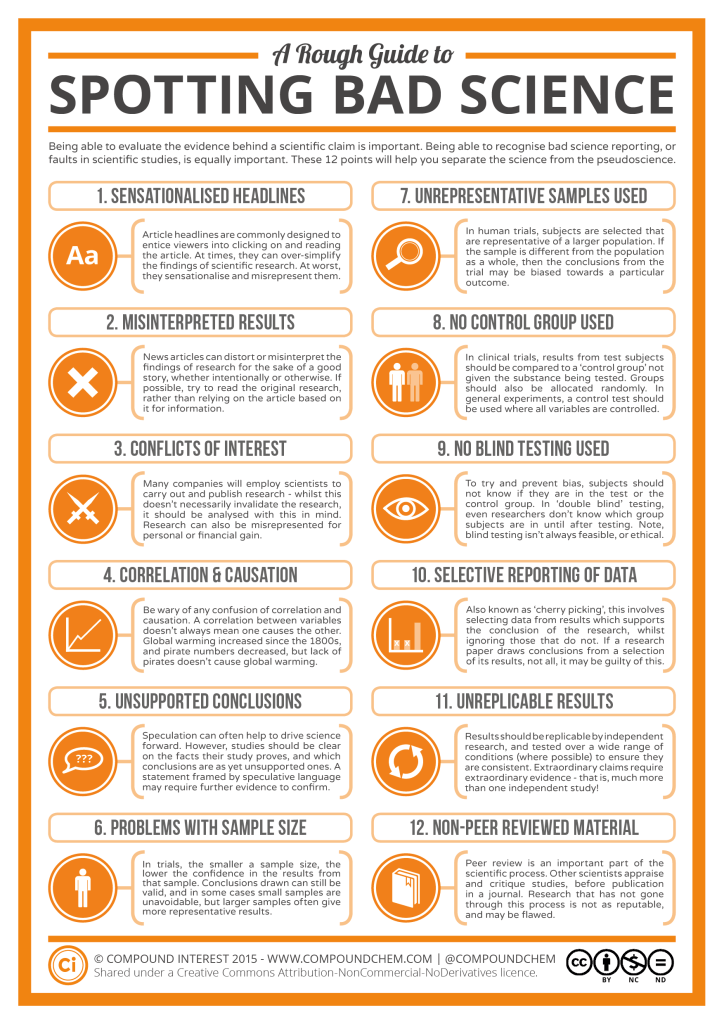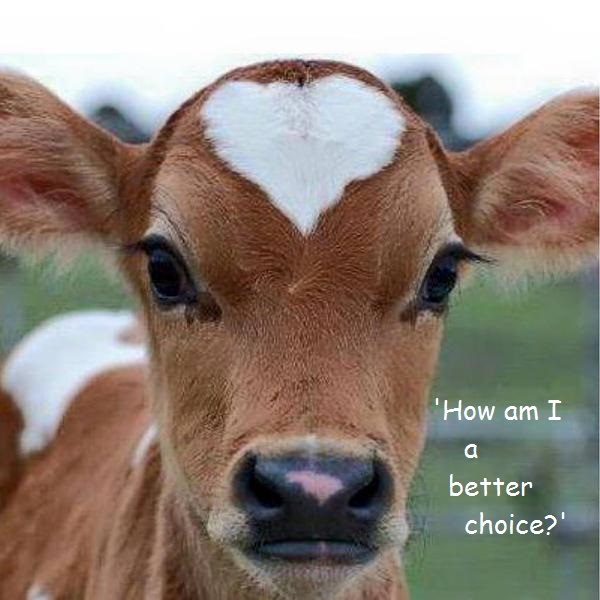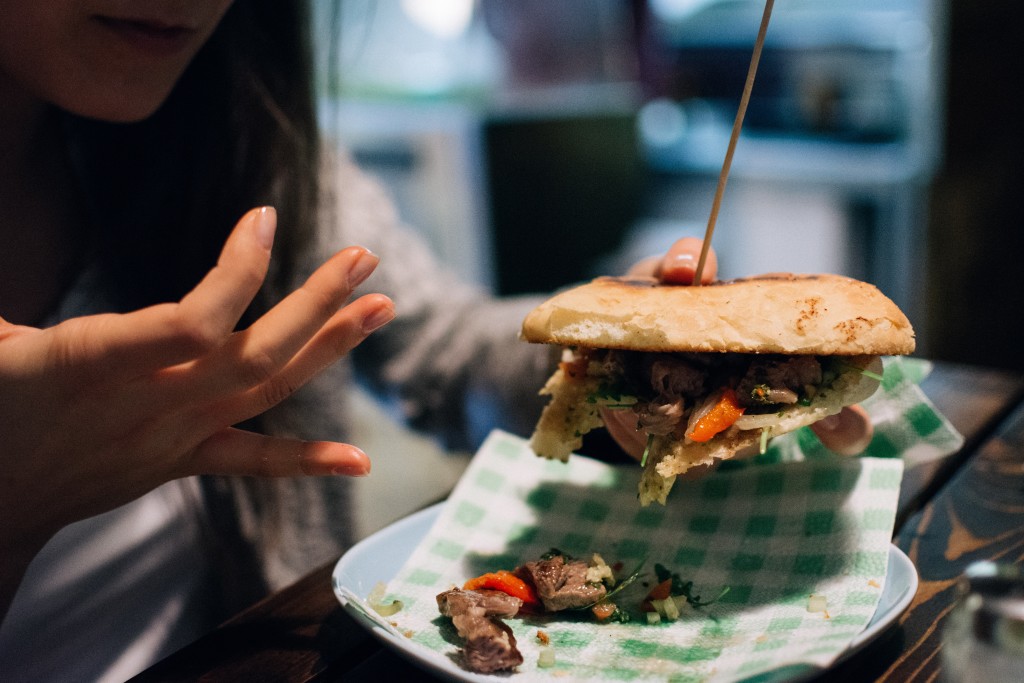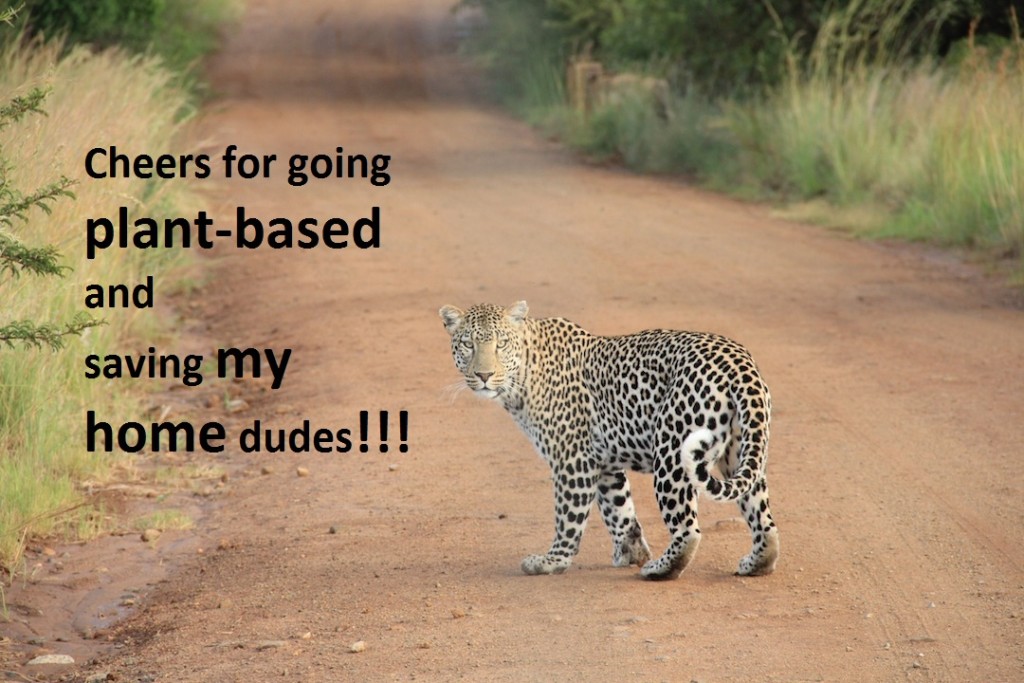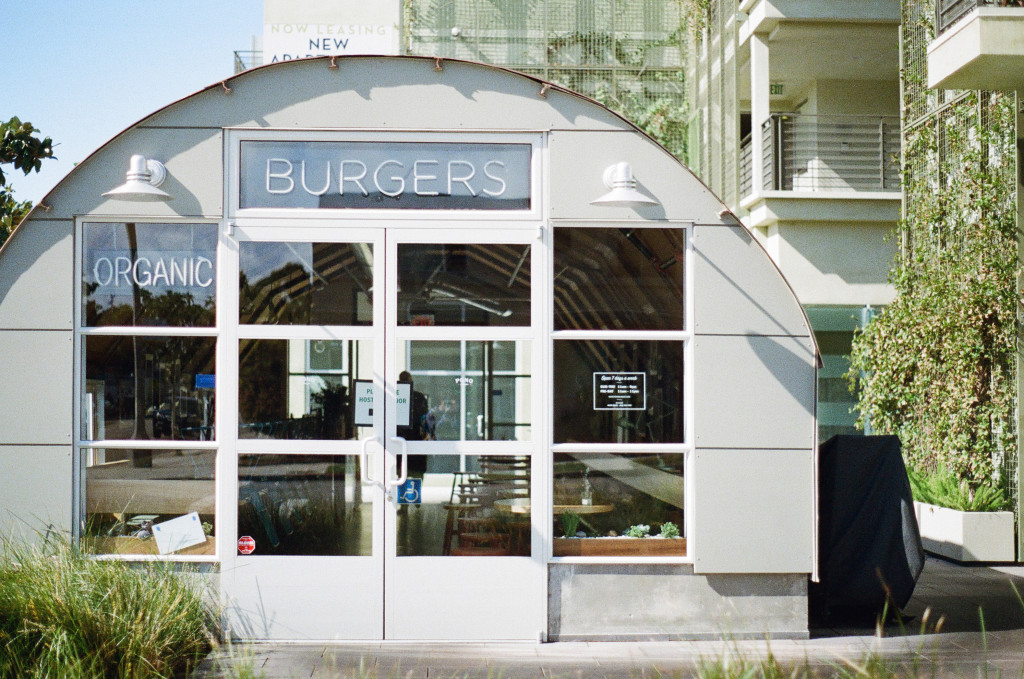The other day I was asked which books in particular have engaged and inspired me on my plant-based path.
It wasn’t a book that influenced me to GO vegan – because there weren’t really any books on the subject twenty-five years ago, just maybe a couple of sad recipe books showing how to make a very bland nut roast and other cliched vegan meals – that FYI – vegans almost NEVER eat. I can’t remember the last time I had nut roast; I’m not knocking it, there’s just NO reason it should ever have been the poster meal for vegans.
How things have changed, hoo boy!
How lucky we are now to have so many vibrant, creative and fun recipe books, and amazing voices speaking about this subject.
The recipe books I’ll post about another time. In this post I’ll cover my favourite ‘why vegan’ books.
The great thing is, today’s plant-based voices are from such a diverse crowd. It doesn’t matter who you are, there is a book/author that will appeal to you.
I can’t possibly write about all the books on the subject that have impressed, thrilled and re-inspired me, there are far too many.
But these are the ones that frickin’ BLEW MY MIND, and that I still refer back to even today:
This was, I think, the first book I read that laid out ALL the reasons for ditching animal products. Until I read this, I just thought people went vegan for the animals and for some health issues.
Every impact that an animal product-based diet has, is explained here in a very accessible way.
It is full of powerful quotes and stats, and Robbins is also very knowledgeable about the 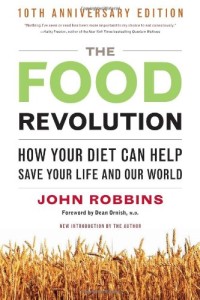 corporate forces that have an interest in keeping us unaware of the damage meat, dairy, fish and egg farming do to us and the environment; and about the cruelty involved.
corporate forces that have an interest in keeping us unaware of the damage meat, dairy, fish and egg farming do to us and the environment; and about the cruelty involved.
How do we know John Robbins is the real deal? As if this well-researched book crammed full of science and evidence isn’t enough for you to take his words on board, you’ll be interested to know that John Robbins was heir to the Baskin-Robbins ice-cream company, but turned his back on it when he realised that the dairy ice-cream industry is not only part of the health problem, but also environmentally unsustainable and cruel.
Random excerpt:
…there is one question the meat, dairy, and chemical companies do not want people to ask, It is a question however that I find important. How much less cancer and suffering would there be if people were spreading information about true prevention with the same passion and zeal with which they are telling women to get mammograms and raising money for chemotherapy research?
THIS book is probably the one that had the most impact on me. We know the three reasons WHY vegan, but this book actually talks about even more wide-reaching and mind blowing impacts.
A main theme of the book is this:
The beliefs that make us think it’s ok to abuse and kill animals for meat follow the exact same thought patterns that legitimise sexism, racism, homophobia etc in the minds of the sexist, racist and homophobic. Every form of hate is the same. The object of hate – be they an animal, a 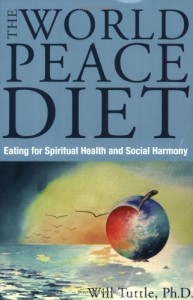 woman or a Jew – is ‘other’ised by the hater.
woman or a Jew – is ‘other’ised by the hater.
We see all the differences between us and animals, and think it’s these differences that give us the right to use them. This is exactly what whites did to blacks during days of slavery, and what some men unfortunately still do to women.
Tuttle is saying that as long as we are maltreating ANY being in our society, we will never have world peace. This isn’t a new idea, Tuttle himself uses the quote by Isaac Bashevis Singer ‘As long as people will shed the blood of innocent creatures there can be no peace, no liberty, no harmony between people. Slaughter and justice cannot dwell together’, but he explores this in such depth and with such academic rigour (though it’s still very comprehensible, I promise!), that we are left in no doubt that this is a universal truth.
He talks about our ‘herding culture’ that led us to where we are today in terms of our beliefs and rituals around animal foods; and the meat-medical complex which actively pushes our continuation of these meat and dairy eating habits to support their interests.
So much more is covered, way too much to elaborate on here, but you end up seeing how the livestock industry and our animal ‘other’ising culture are actually connected to most of the worlds ills. Tuttle makes you see just how this fact is very intricately hidden partly with deliberate masking by various commercial powers, but also by general social conditioning which blinds us to it.
Random excerpt:
Refusing to see animals as commodities, we are able to see through countless other pretenses. And, as transformative as this is for an individual, it would be infinitely more transformative for our culture to do so, and to evolve beyond the absolute orientation that sees animals as mere food commodities.
I love Kathy. She must have influenced sooo many people into going plant-based with her accessible, compassionate, easy-going approach. If you want to help someone go plant-based but don’t want them to feel overwhelmed, intimidated, blinded with science or academics, this book is ideal.
It is set out in a simple, enjoyable way, with eight ‘promises’ – eight benefits you will see by 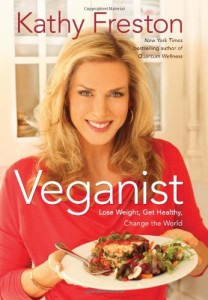 going plant-based.
going plant-based.
Kathy is all about what she calls the ‘lean’ – leaning into a plant-based diet; doing it in an incremental, manageable way, so it is more likely to stick.
Like the other authors mentioned here, Kathy also talks about ALL the reasons for going vegan.
However, she is savvy enough to know that weight and health is a concern for lots of people, and that they may come to veganism for these reasons. She consults with experienced, very eminent plant-based doctors and lays out her interviews with them, but also uses stories by ordinary people whose formerly bad health has been transformed by a plant-based diet.
She offers very practical and implementable advice for optimising the weight maintenance and health benefits.
Random excerpt:
SO why have these high-protein, low-carbohydrate diets (think Atkins, the Zone, and Eat Right for your Blood Type) stayed around for so long? Probably because most of us have developed a great love for the taste of rich, fatty food and gratefully follow the advice of anyone who says it’s okay to keep eating it. Simple as that, really; we want to be told it’s okay (and good!) to keep doing what we’re doing.
This book is great. Alicia is funny, entertaining, and just says it like it is. You COULD say this 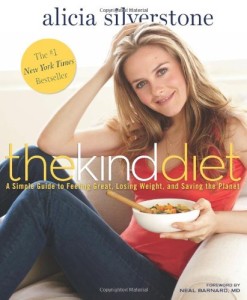 book is for a younger crowd – that’s probably what the book publishers thought, but I think her style would appeal to any open-minded person with a sense of humour.
book is for a younger crowd – that’s probably what the book publishers thought, but I think her style would appeal to any open-minded person with a sense of humour.
Again, she’s used her connections to the best plant-based doctors to help answer all the main questions people have and to dispel all the common myths.
Also like Kathy, she is compassionate about the different paths people are on and suggests three approaches according to what you think you can do:
Flirt – Try plant-based meals a few times a week, and switch out some animal products for plant-based products. When and if that feels ok, take another step
Vegan – Concentrate on going vegan first for as long as is necessary, before adding a whole foods health-based approach
Superhero – A whole foods, plant-based diet
There are also lots of recipes at the back of the book for every level of plant-eater!
Random excerpt:
…Maybe we should ask ourselves if we really even want to be meat-eaters. The carnivores of the natural world have quick, precise energy, but then they’re tuckered out and sleep for days. They are aggressive hunters with very little endurance. The herbivores, like horses or giraffes, not only have long-lasting energy and strength, but are generally a peaceful lot. Hmmm…
Other highly recommended books:
The China Study by Dr T Colin Campbell – This book talks, among other things, about how during research Dr Campbell undertook in China, it was discovered that upon injecting plant protein into a mouse with a tumour that the tumour decreased in size; but by injecting it with animal protein the tumour grew.
Dr Neal Barnard’s Program for Reversing Diabetes: The Scientifically Proven System for Reversing Diabetes without Drugs by Dr Neal Barnard – Does what it says on the tin; a MUST-READ if you or a loved one has diabetes.
Prevent and Reverse Heart Disease: The Revolutionary, Scientifically Proven, Nutrition-Based Cure by Dr Caldwell Esselstyn – Does what it says on the tin: a MUST-READ if you or a loved one has heart disease.
The Engine 2 Diet by Rip Esselstyn – A ‘How to’ book. Will appeal to anyone, but particularly those men that think veganism is just for women 🙂
Skinny Bitch by Rory Freedman & Kim Barnouin – Very colloquial and humorous book about going vegan – not just to maintain a good weight, but for all the other reasons too (these are cleverly hidden behind the books pretext!).
When you’ve read all about ‘WHY’ vegan, you’ll need to know the ‘HOW.’
You betta know I’m here to coach you, hold your hand and help you transition healthily to this joyful, mindful and compassionate lifestyle! I’ll show you just how easy it can be!
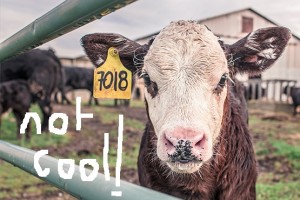 People are beginning to think about the wider issues outside of their own four walls or their own community.
People are beginning to think about the wider issues outside of their own four walls or their own community.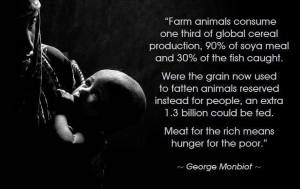 citizens are indulging in more meat and dairy, believing this is the ‘western,’ affluent thing to do. But, as technology enables information on the destructiveness of animal food production to spread fast and thick on a global scale, it is inevitable that very soon animal consumption will decline in these countries too, and at a much quicker rate than it did in ours.
citizens are indulging in more meat and dairy, believing this is the ‘western,’ affluent thing to do. But, as technology enables information on the destructiveness of animal food production to spread fast and thick on a global scale, it is inevitable that very soon animal consumption will decline in these countries too, and at a much quicker rate than it did in ours.
